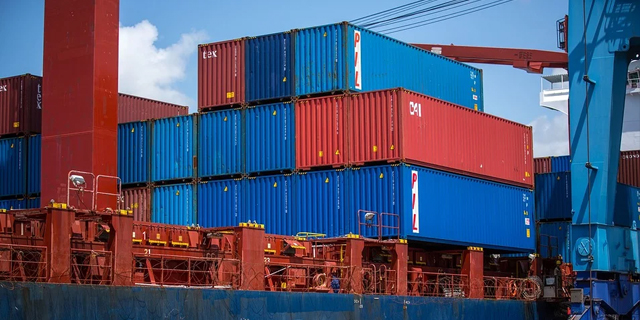How can E-Commerce get ready for different post-Brexit trade deal outcomes?
By Charlie Britten
23 Mar 2020
Uncertainty is something all firms dislike, whether in E-Commerce or on the high street, but with good preparation it is possible to have contingencies in place for any eventuality.
Businesses hate uncertainty. It makes it hard to plan ahead, estimate growth and budgets, make the right kind of orders or take recruitment decisions.
Of course, the world is never free from uncertainty and many sudden events can cause unforeseen problems:
- Catastrophic events like 9/11, which had a major knock-on effect on economies and stock markets
- The 2007 credit crunch and subsequent economic crash of a year later, which very few economists predicted
- The Coronavirus and other pandemics
These are just some of the incidents that nobody had plans in place for beforehand.
Why Brexit is not an unforeseen issue
Brexit provides something of a contrast. Firstly, even at its minimum duration the period between the triggering of Article 50 and the end of Britain’s EU membership was meant to be two years. More time was added to this process at both ends, with the triggering taking place nine months after the referendum and two subsequent extensions being implemented before the official departure on January 31st 2020.

Even so, there was lots of uncertainty before the 2019 general election delivered a government with a clear majority to get Boris Johnson’s deal through.
The task now is for the UK and EU to use the transition period to negotiate a future trade deal that will start next year. Quite apart from the tight timescale, this raises the possibility of a return to the spectre of a ‘no-deal’ scenario. Once again, E-Commerce firms, like everyone else, are left wondering what will happen next.
How can you prepare for different scenarios?
While firms cannot know know what deal Britain and the EU may have, or whether there will be one, there are some very clear possibilities and indicators for which firms can at least make their contingency plans:
- There could be a comprehensive trade deal, along the lines of the 'Canada-plus' model the UK is keen on
- There could be a much more limited deal, with agreement on just a few areas, like Australia has with the EU
- There may be a no-deal scenario. The government has said it could pull the plug on negotiations by June 2020 if it feels there is no sign of a deal, which would at least give firms six months to prepare.
The best preparation is to prepare different contingency plans, with one for each of the likeliest scenarios, based on the implications of different outcomes.
What can you do about a no-deal scenario?
As an example, if your E-Commerce firm exports goods to the EU, a no-deal could mean there are tariffs on these, although the amount would depend on the products themselves as tariffs will vary. If this will affect your firm, the following steps may be considered:
- Consider pricing options for EU customers
- Look at increasing your share in the UK market - not least because reciprocal taxes may mean EU-based E-Commerce firms will face the same problem providing similar goods to UK customers.
- In marketing terms, this may mean revising your buyer persona to change the balance of who you are marketing to.
- Consider ways you may be able to set up an online base in the EU to avoid these issues. Ireland may emerge as a major base for English-speaking firms hoping to avoid the problems of a changed economic relationship between Britain and its 27 former close trading partners.

How can good marketing help?
Of course, you need to make sure your marketing plans are geared up to the circumstances you might face. There are various steps you could take:
- You might benefit from content marketing blogs and social media posts that emphasise how you can get around the barriers that may be thrown up by new international trading relationships
- Alternatively, you might want to use these tools to highlight what you can offer your domestic market as a UK supplier
- If you sell imported goods and they are not from the EU, it may be little changes in terms of costs, so it is also worth highlighting this.
Social media is a particularly useful tool to use when customers - especially existing ones who may wonder what could happen when planning repeat purchases - need to be reassured that you can go on meeting their expectations.
How BeUniqueness can help
At BeUniqueness, we know that not only does every E-Commerce firm need its own tailored marketing plan, but sometimes the strategy needs to change to suit altered circumstances. By offering flexible alternatives, we can help you put in place whatever plan you need to help your firm thrive.
